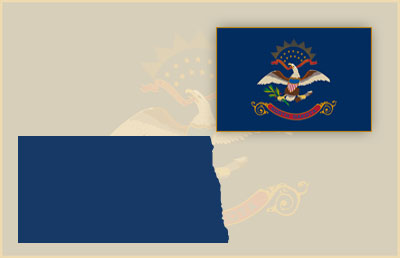North Dakota Enacts Provisions Regarding Uniform Fiduciary Access to Digital Assets Act

Recently, North Dakota enacted several provisions of the Uniform Fiduciary Access to Digital Assets (UFDAA). The provisions enacted permit individuals serving in certain fiduciary roles to access digital information of a user; specifically fiduciaries acting under a will or power of attorney, a decedent’s personal representative, a guardianship, a trustee and a custodian. Notably, the provisions exclude employers from the breadth of coverage.
Hierarchy of Documents
The provisions delineate a document hierarchy detailing which documents override others. The hierarchy of a user’s directives has several nuances, but for the most part follow a straightforward path: (1) user directive online tools take precedence over wills, trusts, power of attorney or other records; (2) online tools or wills, trusts, power of attorneys or other records take precedence over terms-of-service agreements; (3) barring the existence of (1) or (2), federal law or a terms-of-service agreement may control.
Breadth of Disclosure
At the request of an individual, a custodian must either fully or partially disclose or prevent disclosure to a designated recipient. This encompasses all digital assets and their contents.
Custodians also have some authority. Custodians have the ability to allow either partial or full access to the disclosed assets, so long as the disclosure allows the requesting fiduciary to satisfy his or her charged tasks. There are some limitations though. A custodian may reasonably charge requesting parties, choose not to disclose information deleted by the user and choose not to disclose partial information if the segregation creates an undue burden.
The matter changes, though, when the user is a decedent. In such a case the personal representative of an estate must be given a catalog of the digital assets but not the contents (special circumstances exists when content must be given please see bill for full reading).

Comments are closed.